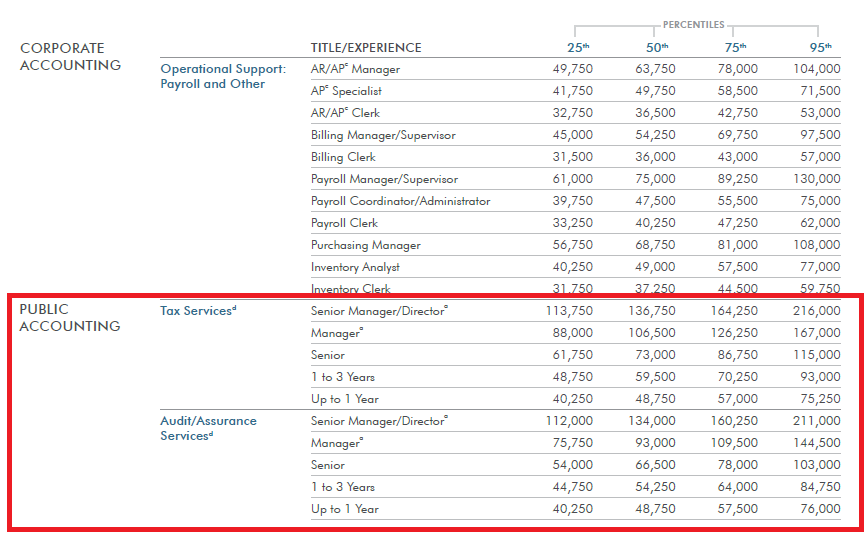
Public policy consultants work with governments and other organizations to help them make important decisions that affect the lives of people. They conduct research on different topics and analyze data to create policies and programs that benefit the public. These policies may cover everything from health care to environmental issues.
Public policy consultants must understand the workings of these professionals if they want to be successful. They must also think about the kind of work they desire and where they want to work.
It can be very rewarding to work as a consultant in public policy. While the work can be difficult, it can have a huge impact on the community as well as society in general.
The government is constantly changing and evolving. Public policy consultants must be up-to-date with current trends. They must keep up to date with the latest legislation, demographic changes, and other factors that might impact their clients’ businesses and services.

Candidates who are able to effectively communicate their ideas and have a solid understanding of politics will be the best for this job. They should also have a master's or bachelor's degree from a field related to political science.
Many public policy consultants work in private firms or for non-profits. They might be responsible in one area or all of a department. Their duties include advising their company on the effects of their contracts and agreements, as well as the impact of their decisions on the community.
Public policy consultants can also help recruit and train volunteers. They make sure that volunteers have the ability to interact with the public.
As a public-policy consultant, you will be expected to manage a range of projects. Your responsibilities may vary depending on your organization. Your responsibilities include research, writing policies documents and delivering speeches.
Your job requires a high degree of attention to detail and the ability to meet deadlines. You might need to travel across the country to meet clients and conduct research.

Strong analytical and critical thinking skills are also required to analyze data and decide what should be done to improve programs and policies you create. This is particularly important when you work with large organizations that have access to a lot information and many resources.
An exciting career as a public affairs and public policy consultant can be very fulfilling. It is an exciting career that allows you to help people in your community.
The best public policy consultants are those who have a strong understanding of political systems and the ability to communicate their ideas clearly and persuasively. A bachelor's degree or master's degree in a relevant field such as communication or international law is required.
Some public policy consultants have a specialization in one area, such as education, the environment or health. Some consultants may be specialized in specific countries or regions.
FAQ
What is a consultant anyway?
Consultants provide services for others. It's not just a job title; it's a role where you help others achieve what they want from life. This is done by helping others understand their options and making the right decisions.
Consultants are skilled at solving problems and overcoming challenges that can arise during projects. They provide advice and guidance about how to implement those solutions.
Consultants should be able and willing to answer any questions regarding business, technology or finance, leadership, strategy, customer service, legal, management, leadership, management, law, management, law, procurement, legal, marketing, human resources, etc.
Why would you want to hire consultants?
There are many reasons why you might need to hire consultants:
-
A specific project or problem may be a challenge for your company.
-
You want to improve your own skills or learn something new
-
You would like to work with an expert in your field.
-
The task is yours alone.
-
It's overwhelming to see all the information, and you don't know how to get started.
-
You can't afford to pay someone full-time
Referrals are the best way for you to find a qualified consultant. Ask around to see if you know any good consultants. If you already know someone who works as a consultant, ask him/her for recommendations.
Use the "Search People" function to search for consultants in your region if you are interested in using online directories like LinkedIn.
How does consulting differ from freelancing?
Freelancers are individuals who work for themselves and offer their services to clients. They charge hourly rates depending on the amount of time spent on a client's projects. Consultants often work for companies or agencies that employ them. Their salaries are usually paid monthly or annually.
Because they set their own hours and prices, freelancers are often more flexible than consultants. Consultants have better benefits, like health insurance, vacation time, sick leave, retirement plans and etc.
Consulting is it a job?
Consulting is more than a job that allows you to quickly make money.
There are many opportunities for consulting, including project management, strategy, training and leadership. It is possible to work on projects that range from small start ups to large, international corporations.
You can develop your skills and gain experience in a variety of industries by consulting. This could include learning to manage teams and write proposals, manage finances, analyze data, create presentations and conduct market research.
What jobs are available as consultants?
Consulting requires an in-depth understanding of operations and business strategy. You must also understand how businesses operate and how they fit into society.
Being a consultant requires great communication skills and the ability think critically.
Because consultants may be required to perform different tasks at different times, they must be flexible. They should be able change direction quickly, if required.
They must be prepared to travel extensively for the clients they represent. This type work can take them anywhere in the world.
They also need to be able to handle pressure and stress well. Consultants may sometimes be required to meet tight deadlines.
Consultants may work long hours. This means that you may not always get paid overtime rates.
Statistics
- According to IBISWorld, revenues in the consulting industry will exceed $261 billion in 2020. (nerdwallet.com)
- On average, your program increases the sales team's performance by 33%. (consultingsuccess.com)
- So, if you help your clients increase their sales by 33%, then use a word like “revolution” instead of “increase.” (consultingsuccess.com)
- My 10 years of experience and 6-step program have helped over 20 clients boost their sales by an average of 33% in 6 months. (consultingsuccess.com)
- Over 50% of consultants get their first consulting client through a referral from their network. (consultingsuccess.com)
External Links
How To
What does a typical day look like for a consultant?
Your work type will determine the length of your day. However, the majority of your day will consist of research and planning, meeting clients and preparing reports.
You will have many meetings where clients and you can discuss their issues. These meetings can be held over the telephone, online or face-to face.
The proposal is a document that outlines your ideas and plans to clients. Before presenting these proposals to clients, you will usually need to discuss them with a colleague or mentor.
After all the preparation, you'll need to start creating content. You might be creating articles, videos, editing photos, writing interviews, or designing websites.
You may need to conduct research depending on the scope of your project to find relevant statistics and figures. For instance, you might want to find out how many people you have and if they are buying more than just one product or service.
Once you have gathered enough information, it's time to present your findings to clients. You can either present your findings in writing or orally.
You must also follow up with clients following the initial consultation. You can call clients to ask how they are doing or send emails asking for confirmation that your proposal was received.
While this can be a slow process, it's essential to remain focused and maintain good working relationships with clients.